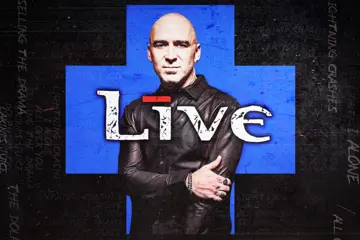 Nas
NasTo understand Nas' journey as an artist you'd need to sit through his electrocardiograph of a back catalogue. To get an idea, study the album art. Nas debuts as a scowling seven-year-old, Queensbridge projects behind him, a garrison behind the boy king. Illmatic was nothing if not prodigious. On sophomore It Was Written, a teenage Nasir stared out. The album had potency but was denied the acclaim of its predecessor only by a couple of impulsive moments. And so it goes. Life Is Good presents Nas in a club, in a crisp white suit, wondering how he got there. It is the artist “formerly known as Olu's son”('s) finest work in a decade.
In 2012, Nas is a divorced father of two, pushing 40. This informs the lyrics on his tenth studio album. The resigned confidence with which he addresses divorce – “Some of you may know Kelis/this goes to her with love” - in No Introduction and the social circles in which he now moves – “Now I'm the only black in the club, with rich yuppie kids... No need to grab the musket” - in A Queens Story are almost third-person in their assured detachment.
What makes Nas one of the greatest hip hop artists ever is the ability to present a narrative with crystal clarity while never denting the overdub of emotion; menace, regret, elation, reproach. Even contentment. Without a reliance on either 'golden age' credentials or flavour-of-the-month production and guest spots, Life Is Good is free of the indulgences that can slip onto a Nas record. Four mics, and a cord, this is good.















